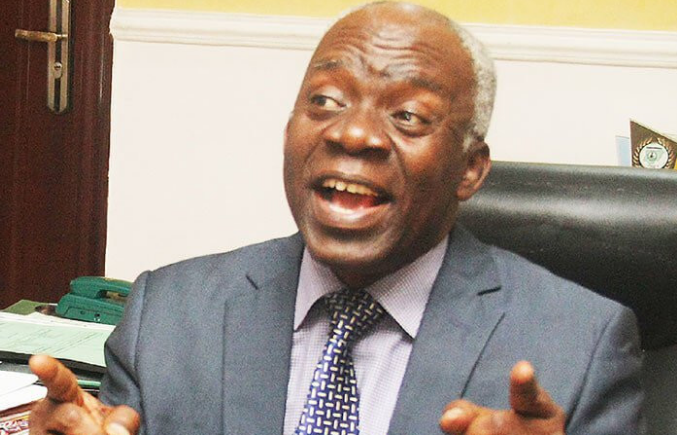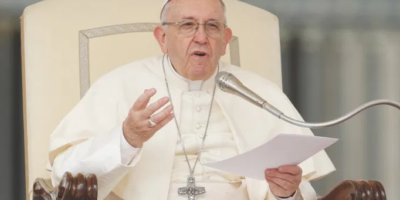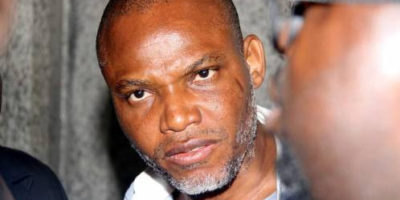Nigeria Police Force Training Is Colonial, Completely Primitive – Femi Falana

Human rights activist, Femi Falana has spoken about reports of Nigerian police violations, extortion, and brutality which led to protests across the country on the type of training police officers receive.
The Senior Advocate Of Nigeria described the training as archaic, colonial and leaving police officers with
no idea of human rights and human relations.
Speaking in an interview on Channels Television’s Politics Today, Falana expressed concern of “brutality” being implanted in police officers’ psyche at the police college.
He said:
We are really not addressing the problems. The training of the police is colonial; completely primitive. A man joining the Police Force, he goes to the police college. A woman goes to the police college dehumanised. A cannot make her hair; she has to cut her hair. A man has to shave his hair to the skull. The feeding is bad.
They are trained like colonial policemen to brutalise the society and that is what is going on.
So, those who are in mobile unit – we used to call them kill and go in the Second Republic under IGP (Sunday) Adewusi (in office from 1981-1983), that has transformed into SARS.
What is the training in the college? They (trainees) are teargassed in rooms without windows. And for them (the authorities) that is the way to train them. They are beaten, tortured, and the feeding is bad.
So when the man or the woman comes out of the college, he wants to brutalise the society that dehumanised him in the college.
Then there is the issue of poor salaries and welfare with barracks and stations denied adequate funding.
Police stations are not funded. So, daily, to run the station, the DPOs depend on extortion of money from the public, from suspects.
Some stations are not built by the government but by members of the community.

Justin Nwosu is the founder and publisher of Flavision. His core interest is in writing unbiased news about Nigeria in particular and Africa in general. He’s a strong adherent of investigative journalism, with a bent on exposing corruption, abuse of power and societal ills.













